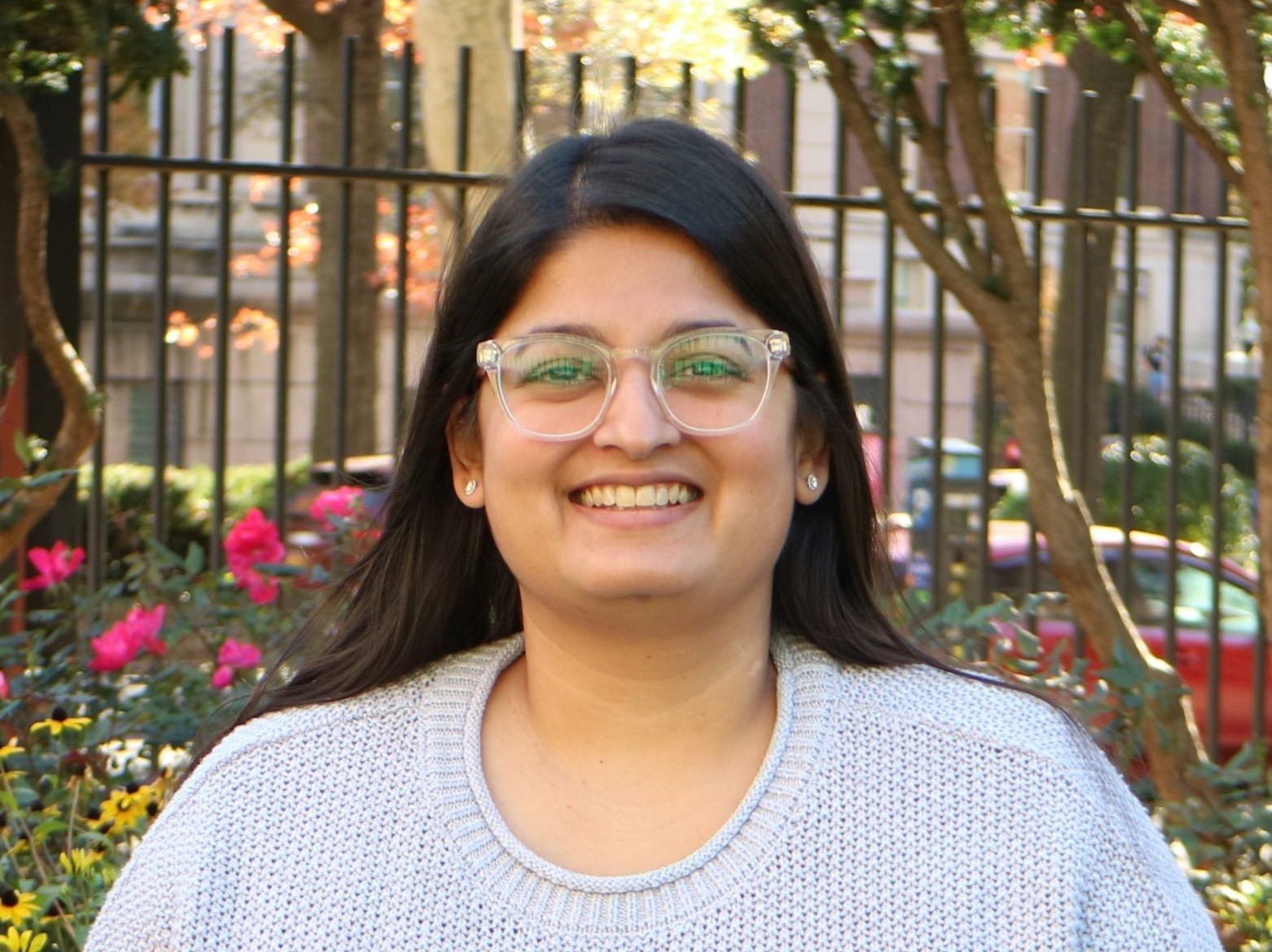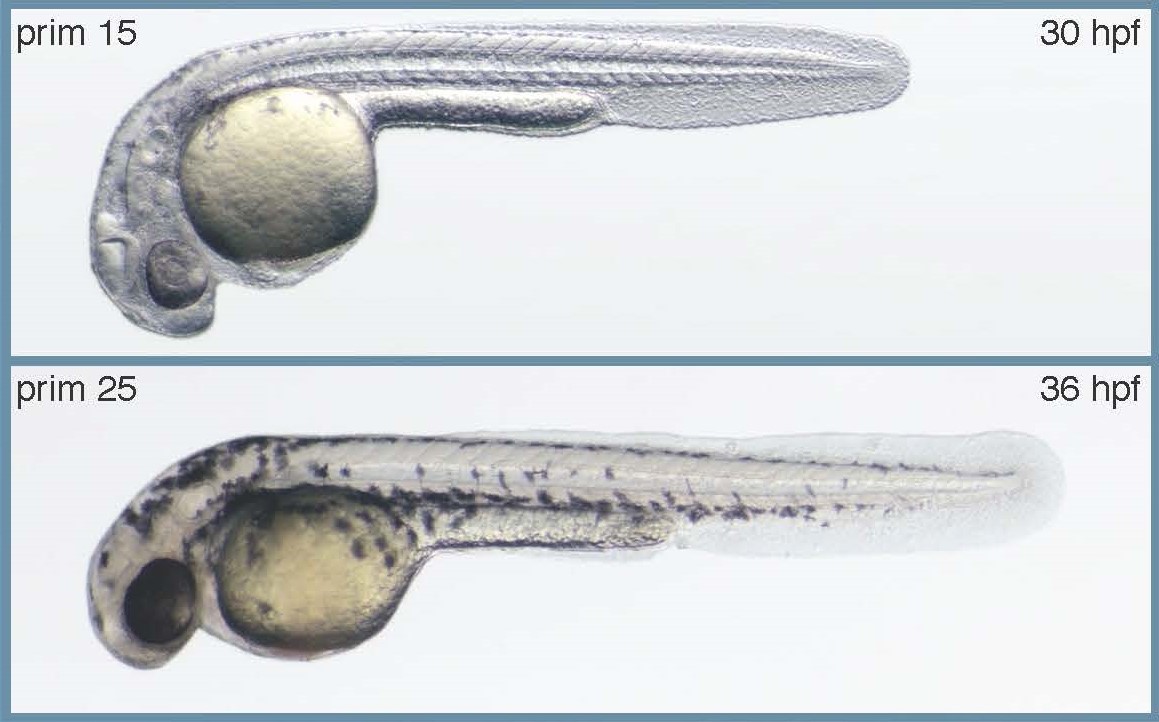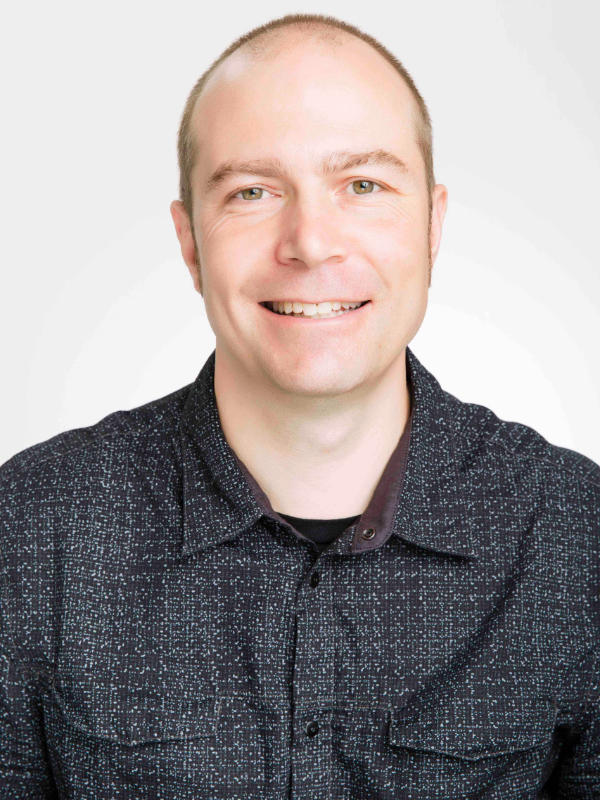What has your research journey been like?
I have been doing research intermittently. A little bit in high school, a little bit in undergraduate, and then I went to graduate school for developmental biology. I did my PhD there and used a frog as my model system.
The African clawed frog (Xenopus laevis) is a huge developmental biology model system. They just have these huge eggs and you can really study how a fertilized egg becomes a tadpole and how that tadpole becomes a frog. I was studying Xenopus laevis embryos and what I was getting at was that there are some drugs that are no longer given to pregnant women - but they were in the past - and they resulted in birth defects. We were studying those birth defects and the research gave us some insight on how spontaneous birth defects happen.
For my post-doc, I was in Boston and I was studying stem cell regeneration, which has always been what I was interested in. For me it was a very natural jump from development to regenerative biology. Once you take a course in developmental biology, you will see how the two go hand in hand. To me, it's so much better to study how something regenerates, once you understand how it grows in the first place. In particular, our lab was studying the regenerative abilities of zebrafish (Danio rerio).
What about regenerative biology is so captivating to you?
It is just really fascinating to me that there are animals out there that can completely regrow their limbs, but humans can't do that. It's such an interesting thing that occurs in nature and I wanted to understand how that works, and is there any hope for medicine to go in that direction. Think about the ways we address cardiovascular disease. A zebrafish can just regenerate a part of its heart. We can't. At the same time, humans regenerate in some ways too. We regrow our hair, our nails, our intestinal lining. If we could take medicine in this direction, it would change the field forever.
Are you currently involved in research?
I am actually one of the few faculty at Barnard who do not have a research lab. So my whole job is to teach, just to teach, and that is how I like it. I am still collaborating with my previous lab and earlier this year we published a paper. But for the most part, there is a total pause in research, and that is partly because I teach so much. Instead, I am bringing in the things that I love about research into my upper-level lab classes. We have a lot of fun in the lab and we also get a lot done.
How do you think that will impact your role as a professor in biology?
I will still be a backbone for my students who are interested in research. I think I can provide a more objective mentorship for students. I can take a macro scale in order to speak to the students' personal interests and be a more general mentor for them. Because I teach many upper level courses, I can also guide students to which classes they can take after Intro Bio.
Most importantly, my past research informs my perspective. Once you take a class in developmental biology it changes how you look at all biology. You are no longer talking about enzymes and DNA, but now you’re talking about how you get fingers? How do the arms know to go this way and legs go this way? My unique perspective is a powerful asset for my teaching.
Once you take a class in developmental biology it changes how you look at all biology. You are no longer talking about enzymes and DNA, but now you’re talking about how you get fingers? How do the arms know to go this way and legs go this way?
What brought you to Barnard?
I was drawn to Barnard because it has such a unique and wonderful history; I really like being part of a women's college, especially in a STEM program. I joined in Fall of 2019 and then just as I was feeling more confident in my new role, the pandemic hit. At the time, I taught a lot of the Intro Bio labs and I have been leading some discussion sections for a while now.
Currently, I am teaching mostly upper level classes like Development, Lab in Cell Biology, and even Lab in Embryology, that was offered last semester. That class was really fun – I got to bring in embryos, like frog and zebrafish embryos. It was a blast!
What are you most excited about in regards to teaching the Intro Bio course in Spring 2024?
For many students Intro Bio is their first introduction to biology, quite literally. Biology is so diverse; there are so many subfields in biology and that is the beauty of an intro class. You get to look at a little bit of everything. I don't expect anyone to love all of it. I am hoping for students to take the class and like part of it so they can go on to keep learning whatever it is that really sparks. To be fair, that is also kind of the downside of the class. The entire series is a year long class, and we might just find yourself liking two weeks, that is right up your alley, and then that's it, it's gone.
What do you anticipate will be the most challenging?
There are a lot of students in this class and everyone is coming in with a different background in biology. What I love about Barnard in general is that our classes are small enough that you can get the tailored education that you want. But with the Intro Bio course, you can’t really do that. And I think that will be the hardest part: finding a way to make biology appealing to 250 students.
It is important to understand that we all have outside resources at our disposal and instead of fighting against them, consider how we can use them to become better scientists and better thinkers.
How would you describe your teaching philosophy?
In general, I like to teach with the idea that students can apply knowledge. These days we can look up anything we want, we can even have chatGPT answer basic questions. But what is our contribution that is different? That is being able to analyze a problem, able to propose a solution, propose an explanation, propose experiments, troubleshoot. I think it is important to understand that we all have outside resources at our disposal and instead of fighting against them, consider how we can use them to become better scientists and better thinkers.
Something that I have had the luxury to do in my smaller upper level classes is that I do not require memorization. All my exams are open notes, open books, open everything - you just can't use the internet but that is my only rule. You can bring anything else. It is all about problem solving. But Intro Bio is a different philosophy. It's learning a little bit about everything and figuring out what you enjoy. It's harder to apply every concept within just a year’s time.
What are some things you enjoy doing in your free time?
One of my favorite things to do is walk around Central Park during the different seasons; like many biology nerds, I love seeing how the trees and wildlife change with changing light and temperature. Also, I really like to watch Marvel movies and TV shows.
Learn more about Dr. Rishita Shah
- Find her most recent research here
- Some more of her work here
- Students can reach out to her at: rshah@barnard.edu
Image Attributions
-
Fisher et al. 2023, Genetics, Volume 224, Issue 1, May 2023, iyad018, doi:10.1093/genetics/iyad018
-
Gomez de la Torre Canny et al. 2009, Genesis, Volume 47, March 2009, Issue 3, 203:253-310, Stages of embryonic development of the zebrafish, doi:10.1002/dvg.20525
- FATIMA BAGOM '26




